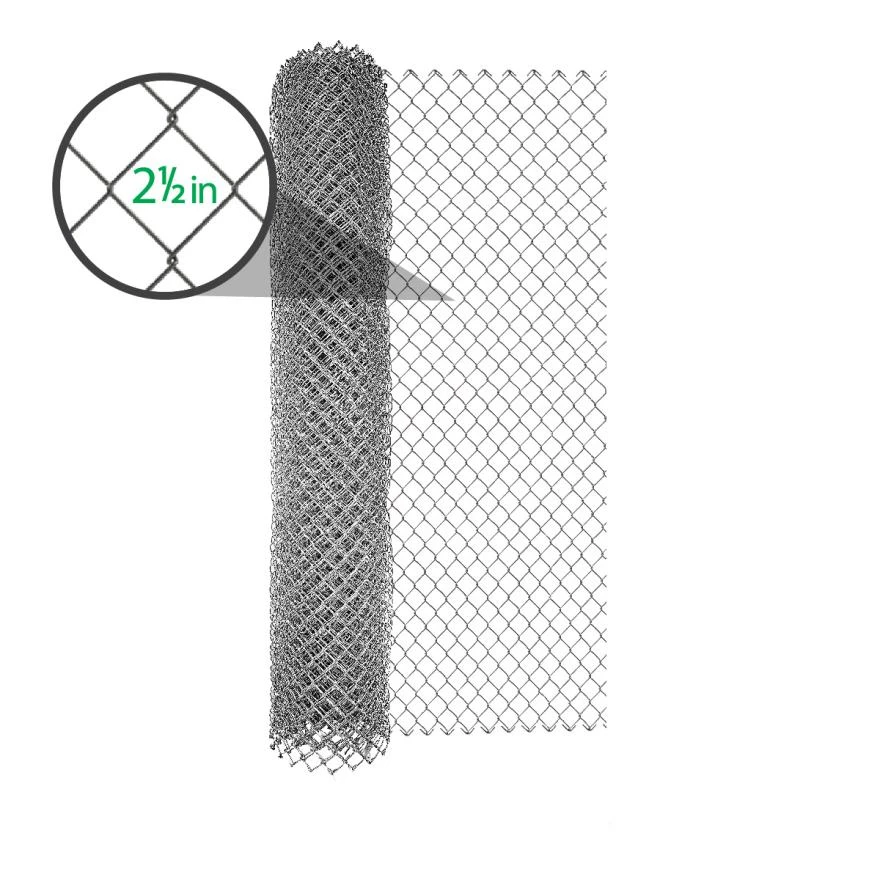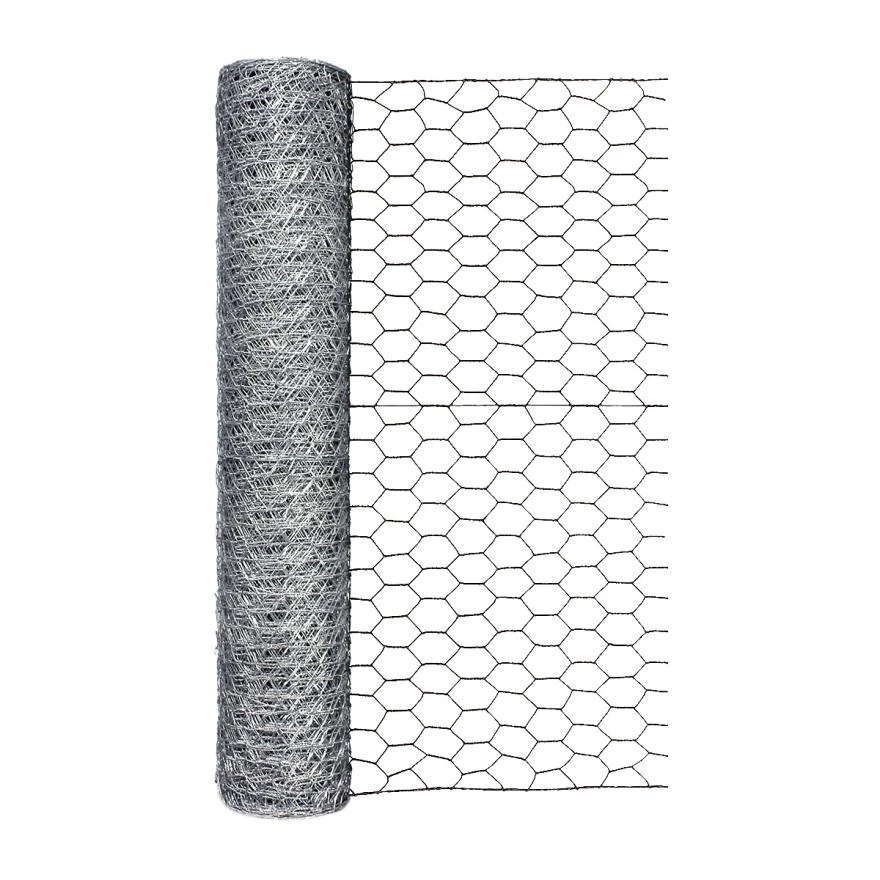Exploring Various Nail Types for Construction Projects and Their Unique Applications and Benefits
Aug . 11, 2024 17:06
Different Types of Nails for Construction
When it comes to construction, nails play a fundamental role in joining materials together. While they may seem like a minor component, using the right type of nail can greatly impact the strength and durability of a structure. There are various types of nails designed for specific applications, each with unique characteristics that make them suitable for different construction tasks. Understanding these differences is essential for builders, contractors, and DIY enthusiasts alike.
1. Common Nails
Common nails are perhaps the most widely used type of nails in construction. With a thick shank and a flat head, they are primarily used for framing and securing wood in construction projects. Available in various lengths, common nails provide excellent holding power due to their length and thickness, making them ideal for structural applications. They are typically used in applications where a strong connection is required, such as in framing walls and securing floorboards.
2. Box Nails
Box nails are similar to common nails but have a smaller diameter, which makes them less likely to split the wood. They are designed for use in lighter construction tasks, such as assembling boxes and crates or securing thin woods like plywood. Their thinner design allows for easier penetration into materials, ensuring a strong hold without causing damage to surrounding materials.
Finishing nails are designed for more aesthetic applications, where the appearance of the finished product matters. They have a small head that can be easily concealed, making them ideal for trim work, molding, and cabinetry. Finishing nails are typically thinner than common nails, which allows for a more delicate application. They are often used for attaching items like baseboards, crown molding, and cabinetry where a clean finish is essential.
different types of nails for construction

4. Roofing Nails
Roofing nails are specifically engineered for securing roofing materials such as shingles or tiles. They usually feature a large flat head to provide a wider bearing surface, ensuring that the roofing material remains secure against the elements. Roofing nails are often galvanized to resist corrosion, ensuring that they hold up over time despite exposure to moisture and harsh weather conditions.
5. Masonry Nails
As the name suggests, masonry nails are used for driving into brick, block, or concrete. These nails are made from hardened steel to withstand the toughness of these materials. Masonry nails usually have a unique head shape, which helps in providing a better hold within the masonry. They are often used for attaching wooden structures to masonry elements or for securing heavy objects to concrete walls.
6. Acorn and Spiral Nails
Acorn and spiral nails are specialized nails designed for applications requiring extra holding power. The spiral design allows for greater grip within the material, making them ideal for flooring and decking installations. Their unique shape helps them resist pulling out over time, providing long-lasting durability.
Conclusion
Choosing the right type of nail is crucial in construction, as each type has its specific intended use and advantages. From the robust common nail for framing to the aesthetic finishing nails for trim work, understanding the unique properties of each type can lead to better construction outcomes. Successful building projects not only focus on structural integrity but also on the longevity and aesthetic appeal of the finished product. Whether you are a professional contractor or a DIY enthusiast, having a good grasp of different types of nails will certainly aid in your construction endeavors.









 Unity
Unity Creation
Creation Challenge
Challenge Contribution
Contribution










